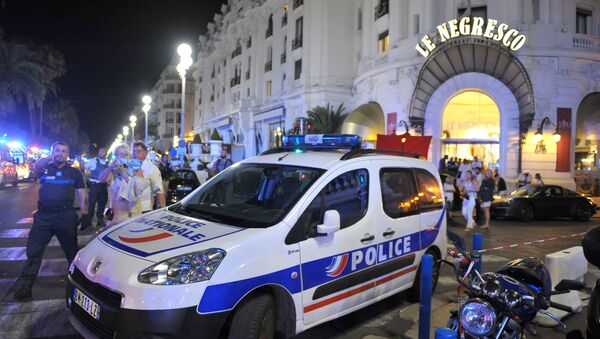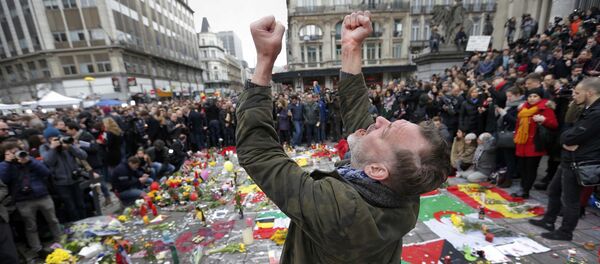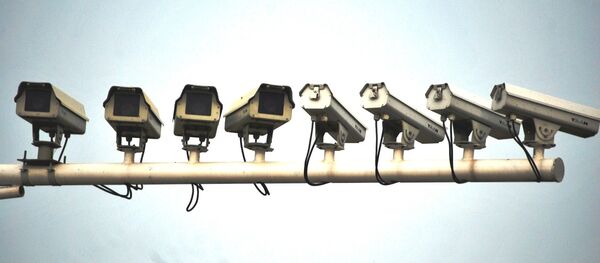It follows the Nice atrocity on July 14, in which 84 people were killed and 303 injured when a 19-ton cargo truck was deliberately driven into crowds by Mohamed Lahouaiej Bouhlel, a Tunisian resident of France.
FM #Steinmeier: "We share the grief of our French friends + stand firmly alongside #France in this difficult time." #Nice #NiceAttack #Niza
— GermanForeignOffice (@GermanyDiplo) 15 July 2016
"The attacks of the past have shown us there is no absolute security. Terror strikes randomly and can hit each of us individually. The fact is we urgently need even closer cooperation between police and intelligence agencies in Europe, and better information sharing," he said. It was also critical to continue battling Islamic State and help improve the outlook for people in areas freed from the extremist group's influence, Steinmeier told Reuters in a written interview.
However, Will Geddes, a security expert with ICP Group told Sputnik that the various security agencies throughout Europe are diverse and information is difficult to coordinate.
"A lot of these agencies tend to be federalized and they work within a silo capacity. For example, in France, they have seven different intelligence agencies that operate there — including DGSE [General Directorate for External Security] and DGSI [General Directorate for Internal Security]. And then you have another five agencies that work in various technical and specialist fields," he told Sputnik.
He said it was a question of how intelligence is collected in each country and where it is passed to.
"There can be choke points along the actual passing of intelligence where these agencies are working in isolation and one cannot always be entirely, reliant beyond the initial pass, that the information is going to get to the relevant agency."
Homeland Security
In the US, the Department of Homeland Security was established to coordinate intelligence between all the various agencies. However, the fact remains, Geddes, says, that there are still rivalries.
Following the November 13 attacks in Paris, there were calls for Europol to beef up its intelligence capacity and in January 2016, it opened the new European Counter Terrorism Center to act as an enhanced central information hub by which the Member States can increase information sharing and operational coordination.
However, Geddes told Sputnik: "The language differences presents a whole other level of complication and that, in itself is going to be one of the key blockages that can be faced. As to whether Europol can effectively achieve and succeed where [the US Department of Homeland Security] hasn't, is only going to be down to the willingness of various agencies vectoring in. It's got to have buy-in at every single level.
"By the very nature of intelligence gathering, there are trade craft which are being employed in various jurisdictions which couldn't be necessarily shared or disseminated because of the legal frameworks that are that are binding those agencies in carrying out certain intelligence gathering — or in terms of viewing information that they are potentially legally not entitled to do," Geddes told Sputnik.
"That becomes even more complicated because there could be information that they would have to have redacted before they can legally be entitled to view it. If they are found to have viewed information which is in breach of [someone's] human rights and privacy and legal requirements, they there will be all sorts of difficulties," he said.





